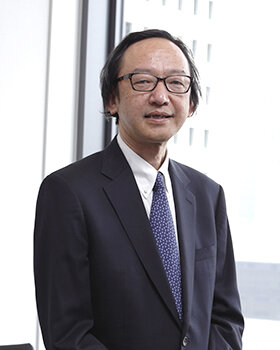WP Global Economy 2023.11.06
Working Paper(23-017E)The Marriage of Politics and Economy: Elite Fusion in the Age of Modernization
This is a working paper.

Modern state-building brings profound political and economic transformations, challenging established elites and opening doors for emerging ones. While previous empirical studies have explored feudal elites’ persistence and emerging elites’ struggles, limited research has examined how emerging elites integrate into existing elite networks. This study investigates the responses of old and new elites during modernization. By constructing a unique dataset detailing kinship connections among Japanese elites in 1902, 1914, and 1927, we revealed shifts in elite kinship networks and their influence on controlling political and economic resources. The findings indicate that modernization transformed the Japanese elite community, with many commoners becoming elite by 1902. Nonetheless, these new elites often found themselves isolated within that community as they lacked kinship ties with other elites. Conversely, peerage political elites already held centrality in the elite kinship network in 1902, and their influence continued to grow over time. However, by 1927, the new economic elites, initially without kinship networks, had managed to establish connections within the elite community, leading to the emergence of an expanded and hierarchical elite community, blending the old and new elites, in which an individual’s centrality in the network became closely linked to his/her political or economic position.
Keywords : Modern state-building, Elite, Kinship network, Modernization, Network analysis
Read All
Working Paper(23-017E)The Marriage of Politics and Economy: Elite Fusion in the Age of Modernization
